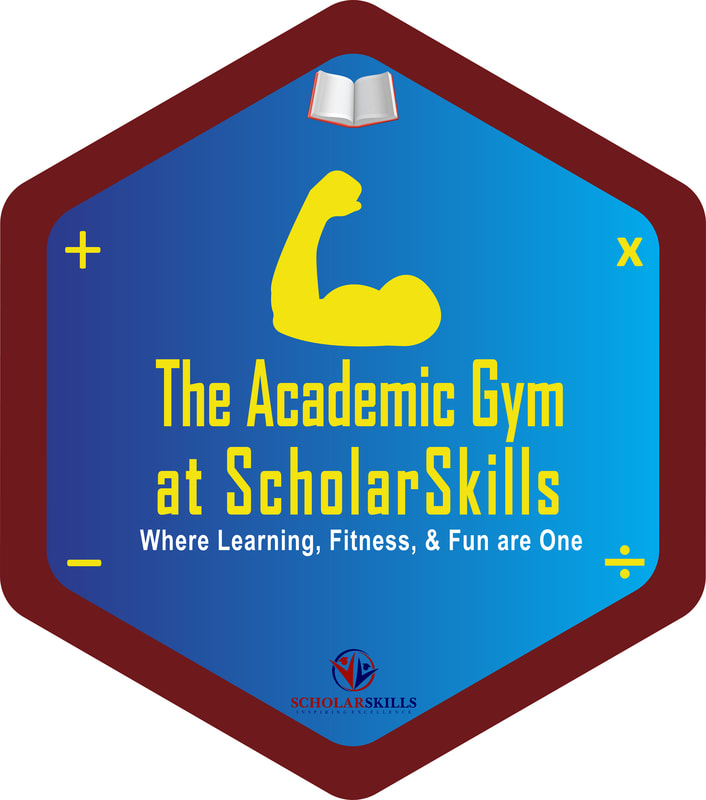|
Did you know that just 5 minutes of exercise can help to improve your child's concentration? How? Exercise increases blood flow to the brain which helps to fuel the brain for focused tasks. But more than that, exercise also signals the brain to release dopamine, a neurotransmitter that makes it easier for the mind to focus on the task at hand. So get your kids out of their seats and onto their feet. Five minutes of fun can help to get some serious learning done.
Exercise can make kids smarter. When I first read those words written by a respected author in a reputable periodical, I responded with skepticism: “Yeah right, just another foolish fad to be thrown out in a few years onto the trash heap of other foolish educational fads.”
But still a little intrigued, I tiptoed then waded into the voluminous research on the subject. And what I found astonished me: Cutting edge scientific research has unequivocally demonstrated that exercise can indeed make kids smarter. The link between exercise and brain optimization is so strong that I began to wonder why more educators don’t know about this research. And it started me thinking about how such basic knowledge about the powerful connection between the mind and the body for both adults and children can potentially revolutionize the way kids learn. Here’s a summary of what scientific research has discovered regarding the brain-body connection. Much of this has been summarized by author Andrew Merle. Merle writes: "Exercise after learning improves retention One study revealed that people who exercised 4 hours after a memory test (the test involved seeing and remembering very detailed pictures) had better retention 24 hours after the test. The results indicate that exercise affects the process by which memories are consolidated (transferred from short-term to long-term memory). Even short bursts of exercise improve the ability to focus Another study showed that as little as 4 minutes of intense in-class exercise (called “FUNtervals”) increased the ability to focus among 9–11 year olds. Even a single “dose” of exercise boosts learning Another study revealed that 20 minutes of fast walking (60% of max heart rate) on a treadmill increased reading comprehension in 10-year-old children. The learning benefits have been especially profound for children with ADHD." But why or how does exercise affect the brain? A BBC article summarizes what research is now confirming: "One possible reason is that exercise boosts the blood (and therefore oxygen) supply to the brain which helps give it the energy to think. It might also promote the growth of neurons and perhaps encourage the release of certain neurotransmitters and growth hormones that are crucial to the brain’s overall health. All of which could contribute to better concentration and memory.” Since research and experience continue to affirm that active learning can make kids smarter, why do we keep cuffing students to their seats when we know that they can learn better on their feet? References: (https://www.bbc.com/future/article/20141010-why-exercise-boosts-iq) You may learn more about Andrew Merle’s work here https://medium.com/@andrewmerle/exercise-will-make-your-kids-smarter-d642c12dfbf0 |
AuthorI'm the founder of ScholarSkills Learning Center and its Academic Gym where we train the body and the brain by teaching kids how to exercise their minds and bodies at the same time. Learning, fitness, and fun become one. ArchivesCategories |
More Testimonials“I would recommend Scholarskills™ because each student is provided with an individualized, diagnostic approach to learning which provides for instruction that supports intervention as well as acceleration. Scholarskills™ faculty have high expectations for all students. Students' needs are continuously addressed while their strengths are continuously challenged. They build progress and success one student at a time.” - Barbara Sanders, Retired Principal |



 RSS Feed
RSS Feed